Finance
What Is Bitcoin Mining? What Are Its Opportunities?
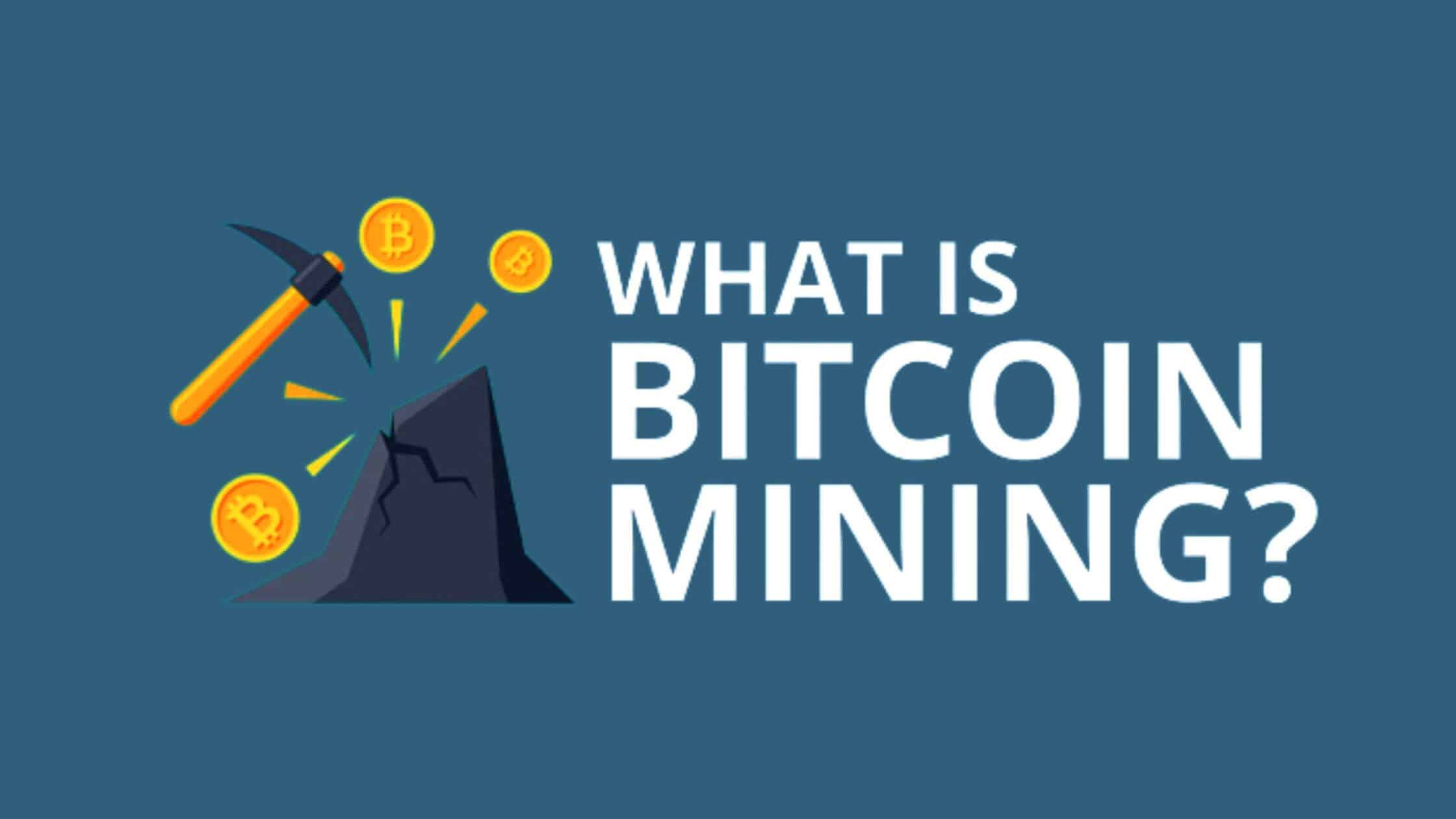
Have you heard of Bitcoin mining? It’s the process of creating new Bitcoin tokens by solving complex mathematical puzzles. It’s a digital form of money, but the process of creating it is different from traditional currency.
Bitcoin mining is a complex process, and it’s important to understand the basics before you decide to get involved. In this post, we’ll explore the concept of Bitcoin mining and provide you with important facts you should know before getting started.
An Overview Of Bitcoin Mining
Bitcoin mining is the process of verifying and adding transactions to the public ledger of past Bitcoin transactions, known as the blockchain. This process is essential for the Bitcoin network to function.
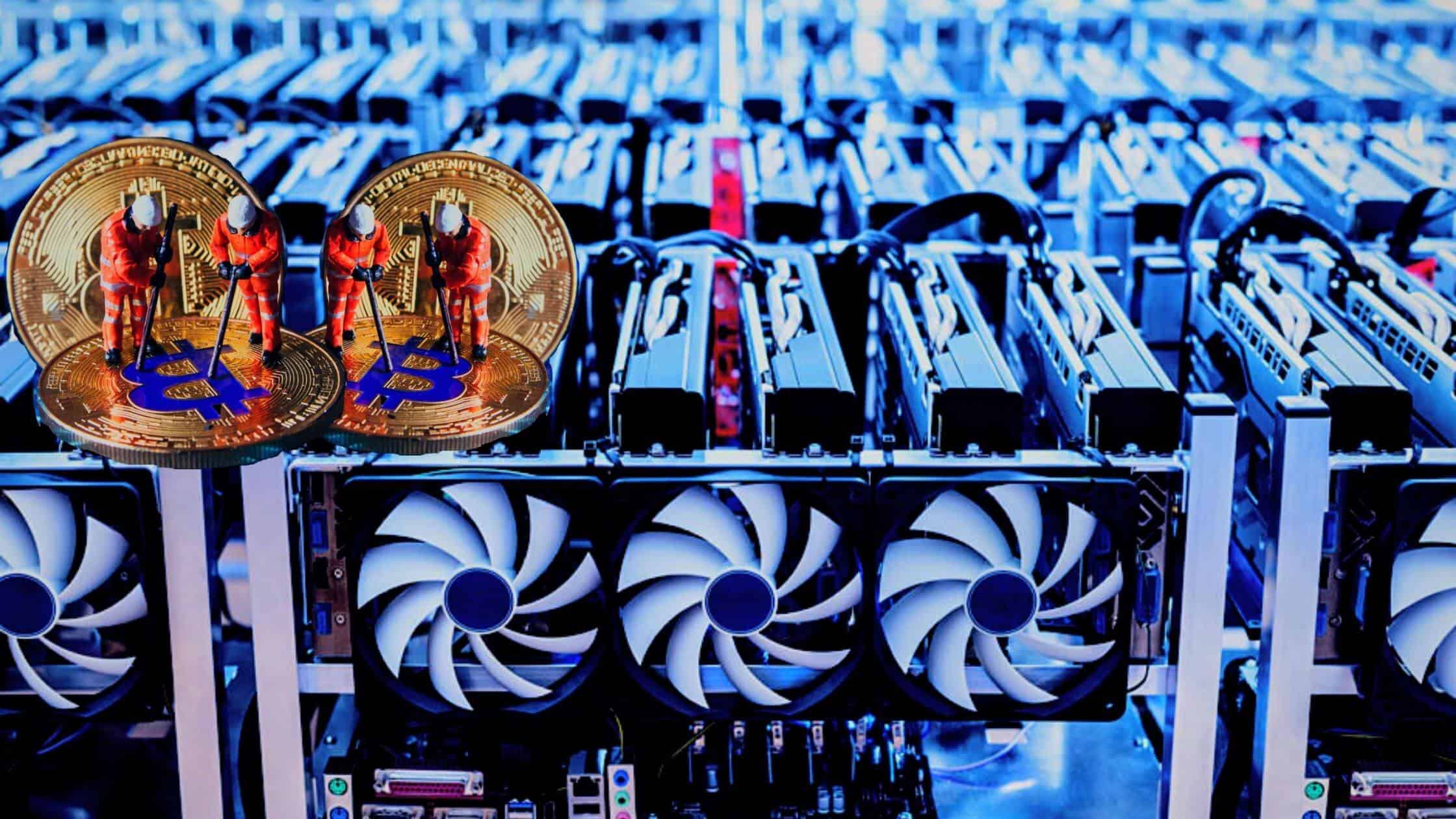
Every 10 minutes, new blocks are added to the blockchain, which contains records of all the Bitcoin transactions that have taken place in that period. Miners are responsible for validating and processing these transactions for them to be added to the blockchain.
The amount of computing power used by miners to complete these tasks is immense, and so this process is often referred to as ‘proof-of-work’ or ‘mining’.
Mining involves solving complex cryptographic puzzles to validate the data in the blocks. As the puzzles become harder, the miners need more powerful computers to solve them.
Miners Are Rewarded With Bitcoins For Their Work
When miners complete their work verifying and adding transactions to the public ledger, they are rewarded with bitcoins for their efforts.
This is how new bitcoins are created and distributed in the network. The current reward for a single block is 6.25 bitcoins, halved roughly every four years.
When a miner is rewarded with bitcoins for their work, it is called a block reward. This reward is split among all of the miners in a pool, depending on the amount of work each miner has done. Block rewards provide the incentive for miners to continue contributing to the Bitcoin network.
Additionally, miners also receive fees from transaction senders who want their transactions to be confirmed faster.
Bitcoin Mining Is Energy Intensive
The process of mining Bitcoin requires a significant amount of computing power, which in turn uses a lot of electricity. It is estimated that the current global Bitcoin network consumes about 85 terawatt-hours of electricity per year.
This is roughly equivalent to the annual energy consumption of the entire country of Austria. As the number of Bitcoin miners increases, so makes the electricity demand. This has led to some concerns about the environmental impact of Bitcoin mining and its financial costs.
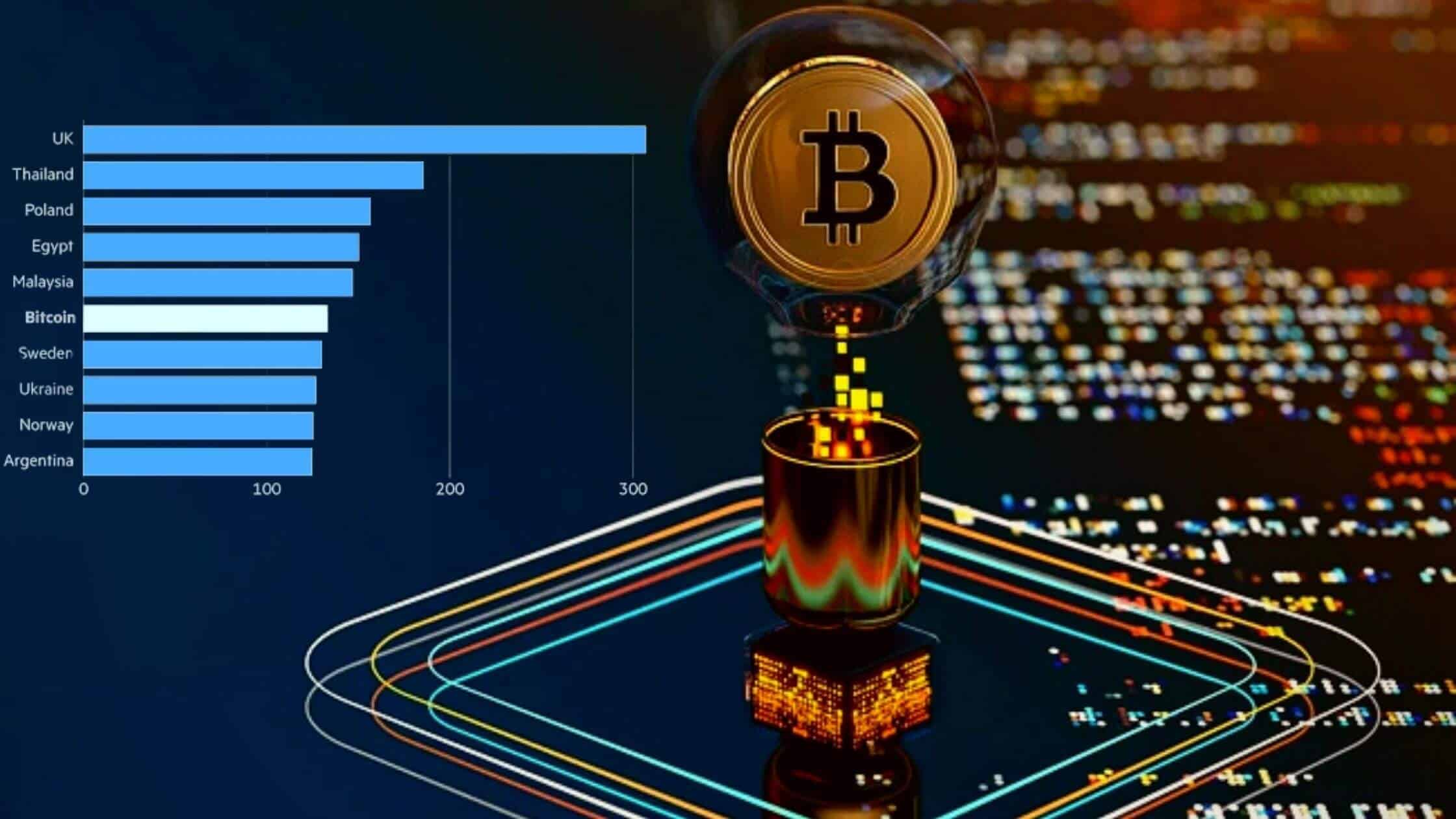
To reduce energy consumption, some Bitcoin miners have turned to using renewable sources of energy, such as wind and solar power.
These miners are referred to as “green miners”. Although this helps to reduce the environmental impact of Bitcoin mining, it is still an energy-intensive process.
ASICs Are Specialized Hardware For Mining
ASIC stands for Application Specific Integrated Circuit, and it is a type of hardware specifically designed for mining cryptocurrency. ASICs are highly efficient, meaning they can mine Bitcoin much faster than traditional computer hardware.
They also use less electricity, making them cost-effective in the long run. However, they can be expensive to purchase upfront, making them a better option for those with money to invest in Bitcoin mining.
ASICs are designed to mine one specific type of algorithm, so if the algorithm changes, the hardware may no longer be useful. Additionally, ASICs tend to produce a lot of heat, which can be dangerous and difficult to manage without the proper cooling system.
Mining Pools Are Groups Of Miners Who Work Together
Mining pools are an increasingly popular way to join the Bitcoin mining community. A mining pool is a collection of miners who work together to find and verify blocks.
By joining forces, miners in a pool increase their chances of finding a block and receiving rewards for it.
Mining pools can offer more consistent payouts than solo mining, allowing miners to make more money overall.
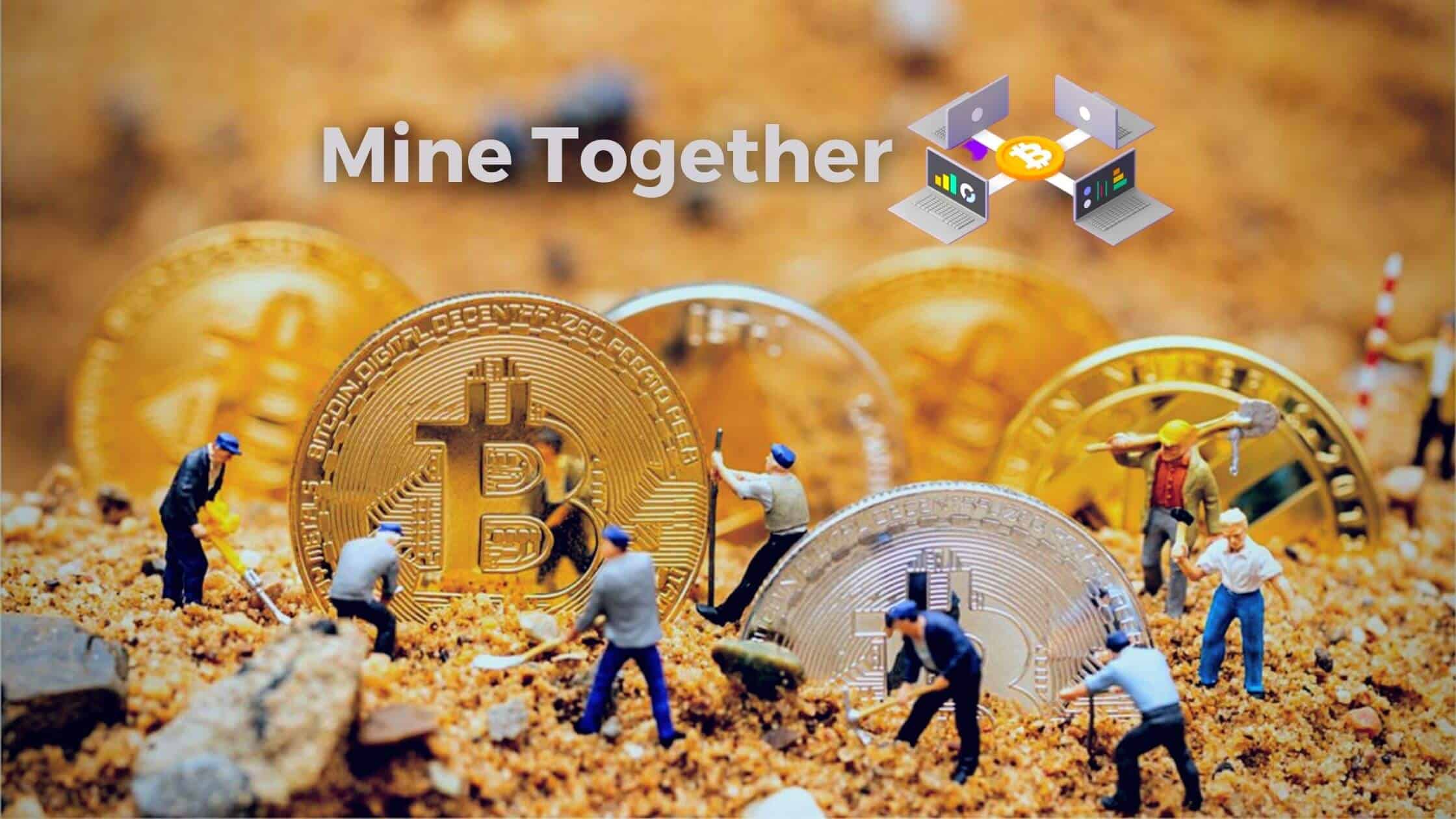
When a block is found, the reward is split among all the miners in the pool. This helps offset the costs of running the equipment and gives miners more incentive to join a pool.
Additionally, mining pools can provide access to specialized hardware and software that would otherwise be difficult for an individual miner to obtain. In this way, a pool makes Bitcoin mining more accessible for those with limited resources.
Cloud Mining Is Mining With Remote Hardware
Cloud mining is a method of bitcoin mining that involves using remotely hosted mining hardware, instead of having to own and maintain the hardware yourself.
With cloud mining, miners can save on the cost of electricity and other associated costs of running a mining operation.
It also eliminates the need for the miner to be physically present in the same location as the mining hardware. Cloud mining allows miners to take advantage of economies of scale and pool their resources together to make larger investments.
Read More: What Is Ripple (XRP) And How Does It Function?
The cloud mining provider will handle the setup and maintenance of the hardware, meaning that miners only need to pay for the actual mining power. This can also help minimize risk since miners don’t have to purchase or store any physical hardware.
Additionally, cloud mining can help increase mining efficiency since it allows miners to leverage a larger mining pool, giving them access to more hashing power.
Bitcoin Mining Is Not Anonymous
Bitcoin mining is an important part of the cryptocurrency process, but it is not anonymous. All transactions are recorded on a public ledger, meaning that miners and anyone with access to the ledger can see who is sending and receiving Bitcoin.
This means that, although miners are rewarded with bitcoins for their work, their identity is still visible. Furthermore, Bitcoin mining requires expensive equipment which is often sourced from companies that can trace the miner’s identity.
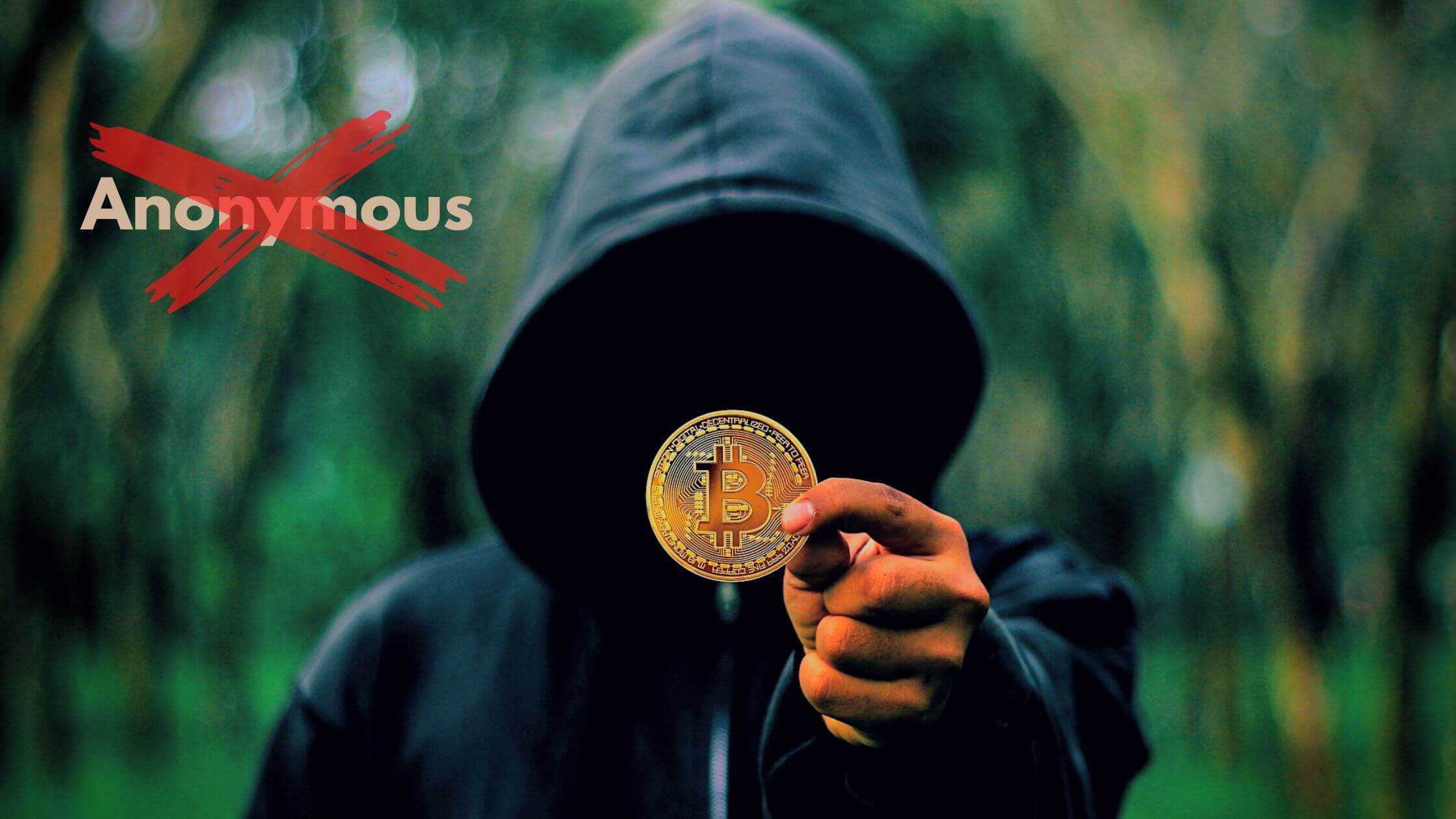
As such, miners must take precautions to protect their anonymity when engaging in Bitcoin mining.
Mobile Mining Is Mining With Your Phone
Mobile mining is the process of using a smartphone or other mobile device to mine cryptocurrency. It is becoming increasingly popular as more and more people own smartphones and mobile devices.
Mobile mining can be done on both Android and iOS phones, as long as they have powerful enough processors to do the calculations necessary for mining.
Using your phone for mobile mining requires specialized software, which can be downloaded from the app store. These apps will often run in the background and use your phone’s processor to mine cryptocurrency, earning you rewards in return.
These rewards are usually small, but they can add up over time. Mobile mining is a great way to make a little extra money while on the go.
Conclusion
Bitcoin mining is a process of verifying and adding new transactions to the blockchain, the public ledger of Bitcoin transactions. It is also the process by which new Bitcoins are released into circulation.
It involves using specialized computers to solve complex mathematical problems to process and verify Bitcoin transactions. It can be a highly profitable activity, but it also requires significant technical knowledge and resources.
